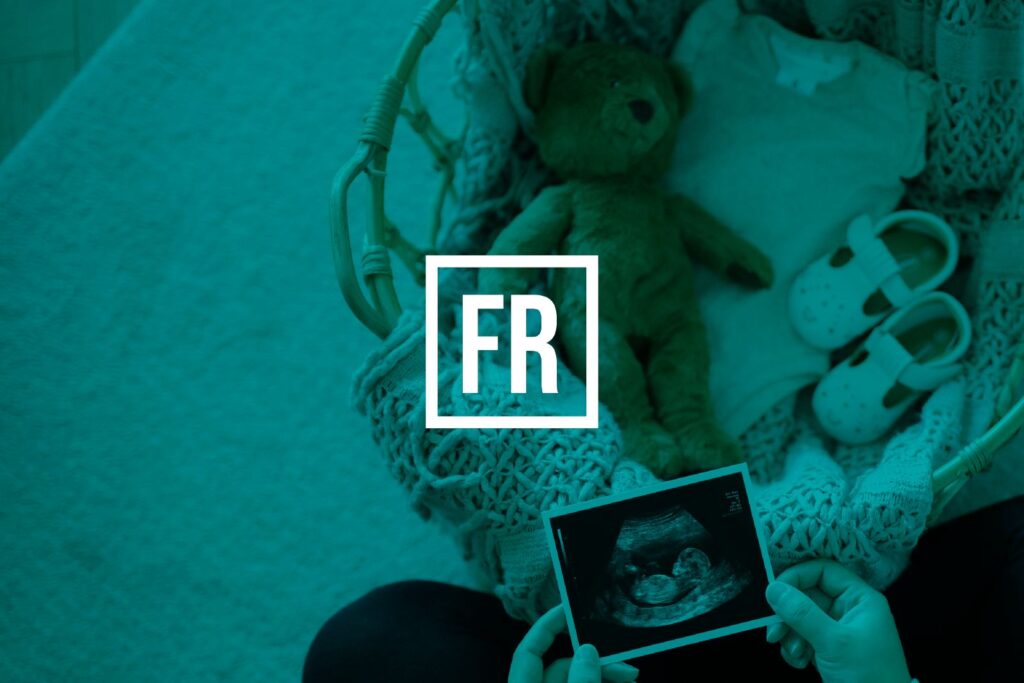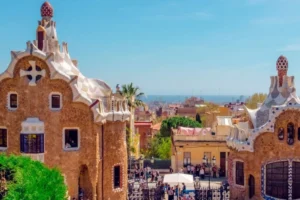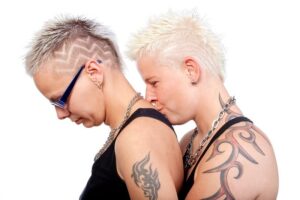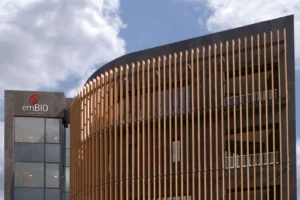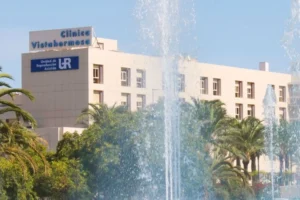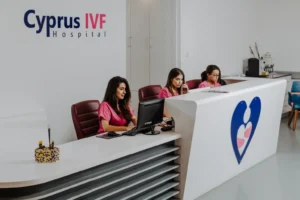Many more people are considering egg donation abroad, and from my own experience of helping people undergo this treatment since I moved abroad in 2004, and then set up IVF Treatment Abroad in 2009 to now, the numbers are increasing each year, the Covid-19 pandemic being the one thing that has altered this trend.
People are travelling from further afield with more coming from the United States and Canada where the cost of egg donation is prohibitive, and from Australia where the number of available egg donors is low, meaning longer waiting times are experienced.
For anyone considering the egg donor route whether at home or abroad, the first question that needs to be considered is what type of donor you want, and this is a good place to start so that we can understand the different types of donors available.
What are the different types of egg donor?
Anonymous donor
An anonymous donor is exactly that. You do not know them, and they do not know you. You are provided with limited non-identifying information on them such as hair colour, eye colour, height, weight, and a few other parameters depending on the clinic you are working with and what information they provide for patients. There is no additional information for you, or any resulting child and that child has no access to the donor in the future.
Non-anonymous donor
Non-anonymous or ‘identity released’ donor is a donor that you still do not know and they do not know you. However, you often receive a higher level of information about the donor with, in some cases an extended profile detailing extended family information too. The main difference is that any resulting child does have the option to have contact with that donor after they reach the age of 18, and this is done through the clinic that organized the donor for you.
Known donor
A known donor is most often someone you know; a family member or friend who has offered to donate eggs to you.
In most cases these days, it is either an anonymous donor or a non-anonymous donor that is used and both have pros and cons. In both of these options, photos of donors are not provided so you are reliant on the clinic to make the matching of the donor to you, based on your requirements. I will often discuss with patients what are their top 3 priorities/needs in a donor so that we can focus on those. As in any donation cycle, we are not looking for a doppelganger, but someone that will provide the essence of a woman’s characteristics. Do always ask if your chosen clinic wants photos of you to aid in the matching process as this is something I feel can be beneficial for both patients and clinics.
Very few countries provide non-anonymous donors outside of the UK, Portugal being the main one as the change in their laws on the 24th of April 2018, meaning the Portuguese Constitutional Court brought their legislation in line with the UK’s. The identity of the donor can be provided at an appropriate time, and the child’s right to that information is protected by law with the donor’s information being kept on record for 75 years. More comprehensive information is provided on the donors, so the feeling of a greater connection with the donor can be achieved. Unfortunately, there are very few clinics in Portugal and the same goes for Denmark where non-anonymous donation is also permitted depending on the donor’s preference as the donor decides whether they wish to be anonymous or non-anonymous. I can see that waiting times for donors will increase as this form of donation becomes more popular and preferred, and the cost is higher than in some countries, so there is a financial consideration too.
Anonymous donors are more accessible abroad
Anonymous donation is more accessible as most countries in Europe provide this option, including Spain, Greece, North Cyprus, and the Czech Republic. In some clinics, we are starting to see waiting times as in this post-pandemic period many more people are feeling safer travelling for treatment. However, this has impacted donor availability as clinics have also had their donor recruitment affected over the last two years. Overall, though, in most places, there is little or no waiting time for treatment, and this is a great advantage for most as when the decision has been made to go ahead with treatment, sooner is often preferred rather than later.
What information is provided on anonymous donors?
The information provided on anonymous donors is dependent on the individual clinics and countries’ policies. Some will give non-identifying information well ahead of time so that you can feel a connection to the person going through the process on your behalf, while others will give very limited information such as age and blood group alone at a later point of treatment. What level of information you want about any possible donor is important to have in mind, and check that the clinic you are looking at going to can provide it. That information is the only information you or any child will be given, and for a lot of people that is enough, whether they intend to tell a child about their origins or not. For those not intending to tell a child, it can also reassure them that a third party or donor is not going to come into their lives later.
Financial cost of taking the egg donation route
Cost can be an important factor with egg donation treatment and as we saw in the article in our last issue, prices can vary quite a lot from country to country. It is important to ensure you are looking at ‘like for like’ as we are seeing a greater preference for egg and blastocyst guarantee packages. This is so that several embryos can be created, and spare embryos are frozen for future use in case the initial treatment is unsuccessful or for a sibling pregnancy so that children will have the same genetic origins. We cannot assume that an egg donor will want to donate again a couple of years down the line. This is one of the questions I often ask at the beginning of working with my clients – whether the preference is for one pregnancy/child or more. We all have our ideal family plan in our heads, and just because egg donation is needed, this should not have to be dismissed.
Known donation is most often performed in your home country for the convenience of both the recipient and the donor. As mentioned previously, this is normally when a friend or relative offers to donate their eggs to you. On the positive side for the recipient, you know the donor, who they are as a person, and what they look like so there is a reduction of the ‘un-knowns’. On the negative side, that person is already in your life and is likely to stay there, so would seeing them over the years be a good or bad reminder of the treatment you underwent? These are important considerations.
What can potentially go wrong?
It’s important to be aware that in some cases, the donor fails the assessment process carried out by the clinic. This results in them no longer being able to donate. In other scenarios, donors may not respond to the medications, or the treatment simply does not work. All these aspects need to be considered.
From the known donor’s perspective, how will they feel if unable to donate or the treatment does not work? Undergoing IVF treatment is not easy, physically or emotionally, and how they may feel must be considered. If it does work, how will they feel seeing a child they know was created with their egg? Do they have existing children, and will they know about the link to any child created? This can all affect the friendship or family connection, sometimes for the better in creating a stronger link between all involved but the reverse can also occur, so time, thought and counselling for all parties are strongly recommended.
The Donor Conception Network (DCN) is a UK national charity supporting anyone at any stage of their donor conception journey. DCN have an abundance of useful online resources at www.dcnetwork.org
Whatever form of egg donation you decide to undergo, take the time to do your research. If you feel comfortable doing it, speak to others. This is something we advise and have a list of amazing previous patients happy to discuss their experiences. There are so many sources of information and support forums out there to tap into. I have always said that those patients considering treatment abroad are often the most knowledgeable as they tend to do so much research to make sure what they decide is right for them and it is the same with egg donation. Take that time, give yourselves space to think and then go for it. Your family is out there waiting for you to create it.
